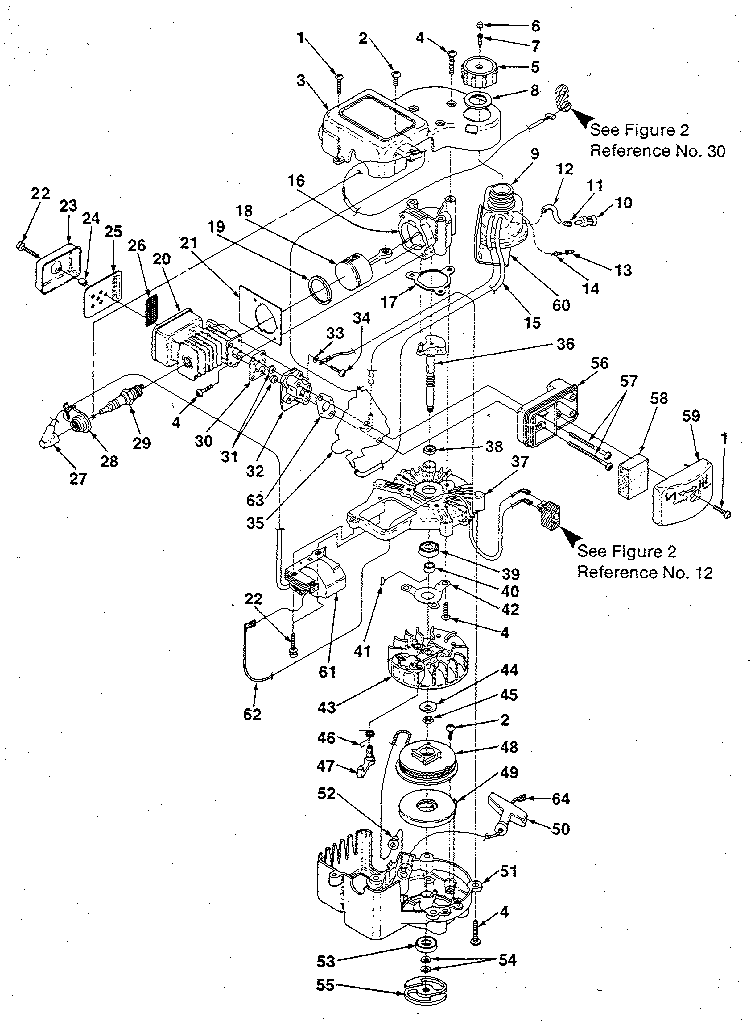How To Determine If You Have A Gambling Problem
Posted : admin On 3/31/2022The following signs may indicate that someone is experiencing difficulties with gambling: Spending more money and time on gambling than you can afford. Finding it hard to manage or stop your gambling. Having arguments with family or friends about money and gambling. Problem gambling is defined as gambling that is disruptive or damaging to you or your family, or interferes with your daily life. Most people in the UK gambled or played the lottery in the last year - activities like playing the lottery once or twice a week aren’t harmful. Gambling problems can stress your relationship with people: spouse, family, partner, friends, work colleagues. In severe cases, it could lead to job loss, criminal charges (if you result in illegal gambling), stealing, lack of sleep, and terrible financial problems. Withdrawal Symptoms When You’re Not Gambling. If you feel anxious or as if you shouldn’t stop yet, chances are you are suffering from a gambling addiction. However, if you are not sure, call our hotline any time at to speak with someone who can help you assess whether or not you have a problem and need help to recover. You might have a gambling problem if: You feel compelled to keep gambling until you’ve spent your last dollar. You may keep bidding until you’ve spent everything to win your money back, or you continue increasing bet amounts. You hide your gambling from friends or family members.
As if the economic downturn hasn’t given us enough to worry about, now experts are expecting a dramatic rise in problem gambling! Bill Eadington, the director of the Institute for the Study of Gambling and Commercial Gaming, says that six out of 100 adults are at high risk for gambling problems. However, when times get tough, more people tend to gamble, and veteran gamblers tend to bet more. In fact, people who are desperate because of record layoffs, home foreclosures, and failing investments may turn to gambling as a last resort to rescue them from financial ruin – which almost never happens. Also, according to MSNBC Health, we’re in the midst of peak gambling season right now, which runs from the Super Bowl through March Madness, the month-long college basketball tournament. Last year alone, March Madness bets exceeded $238 million – and that didn’t include informal office pools. So, how can you tell if you have a gambling problem? Ask yourself these questions, courtesy of Gamblers Anonymous:
- Have you ever lost time from work or school because of gambling?
- Has gambling damaged your reputation?
- Have you ever felt guilty afterwards because of the money you lost?
- Have you ever gambled to get money to pay your debts or solve a financial problem?
- After losing, did you feel you had to return as soon as possible and win back your losses?
- Have you ever borrowed money, sold anything or stolen anything to finance your gambling?
- Do you ever have an urge to gamble when you’re worried, bored, lonely, angry, frustrated, or disappointed?
If you answered “yes” to any of these questions, you may need help. Check out the Gamblers Anonymous website to find a meeting near you.
Following these tips can help you to stay safe if you choose to gamble.
1. Don't think of gambling as a way to make money
The venue is using gambling to make money. It's not designed to work the other way around. Over time you will give away more money than you receive! Think of gambling as an entertainment expense – just like buying a movie ticket.
2. Only gamble with money you can afford to lose
Gamble within your weekly entertainment budget, not with your phone bill or rent budget.
3. Set a money limit in advance
Decide how much you can afford to lose before you go to play. When it's gone – it's over! If you win, you've been lucky, but don't be disappointed if your luck doesn't continue.
4. Set a time limit in advance
It's easy to lose track of time when you're gambling. Set a time limit or alarm, and when time's up – quit! Odds are that the more time you spend gambling, the more money you will lose.
How To Determine If You Have A Gambling Problem To Be
5. Never chase your losses
If you lose your set money limit and then try to win some of it back before you leave, then you haven't really set a money limit. Chasing your losses will usually just lead to bigger and bigger losses.
6. Don't gamble when you're depressed or upset
Decision-making can be more difficult when you're stressed or emotionally upset. Make sure you only gamble when you're feeling happy and clear headed.
How To Determine If You Have A Gambling Problem Regarding

How To Know If I Have A Gambling Problem
7. Balance gambling with other activities
When gambling becomes your only form of entertainment, it's unlikely that you're still just gambling for the fun of it, and your gambling may even be a problem. Make sure gambling isn't your only pastime.
8. Don't take your bank card with you
This is a good way to safeguard your money limit and not let being 'in the moment' warp your judgment.
How To Determine If You Have A Gambling Problem Solving
9. Take frequent breaks
Gambling continuously can cause you to lose track of time and perspective. Step out for some air or a bite to eat at regular intervals.
10. Don't drink or use drugs when gambling
Drugs and alcohol cloud judgment, and good judgment stands as your main line of defence against letting gambling get out of control.